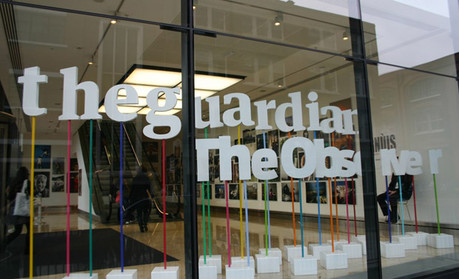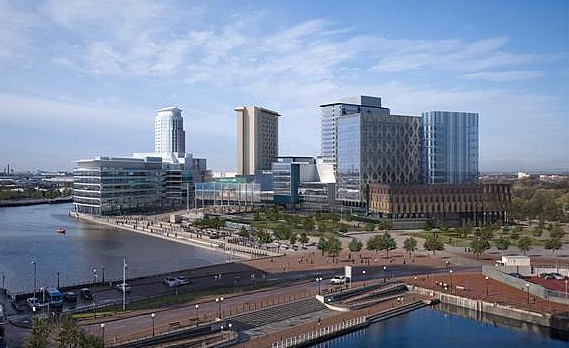After taking its time in development the Guardian has finally announced an iPad app, which is coming “any day now” apparently. According to editor Alan Rusbridger, the app will not focus on breaking news but be a “more reflective” read.
We’re not going to be scrambling to update it every minute or every hour. We will do that on the browser, the browser is a place to go for liveblogging and to go searching for material, but this is going to be a different kind of read, it’s going to be more reflective.
It seems like the thinking behind the app will take it away from the web browser experience and closer to what Guardian has in mind for its print edition. Although producing a static, print-like app may seem a little strange for a “digital-first” news organisation (especially one that creates a promo video for its app criticising the idea of “recreating the newspaper on the iPad”), it’s a move that makes sense in many ways. It looks at the tablet as more of a lean-back device for evenings, which research by Bit.ly and others has shown is a popular time for iPad use, something to supplement breaking news on Guardian.co.uk and via the iPhone app.
The app will be free for the first three months after launch thanks to a sponsorship deal with Channel 4, after which it will cost £9.99 per month. Six- and seven-day print subscribers will get access to the app bundled with their deal, although the app won’t include content from the Observer.


